Issue 23 Urban
Selvedge Magazine
Couldn't load pickup availability
May/June 2008
Tallenna
Share
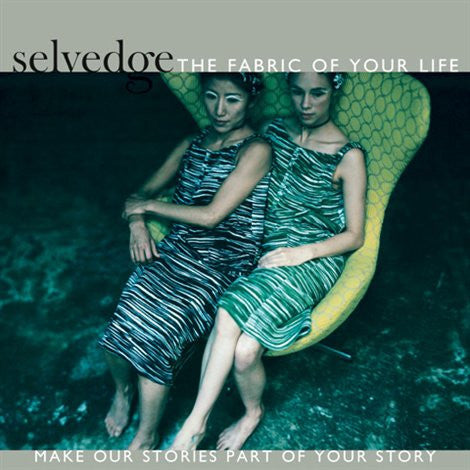
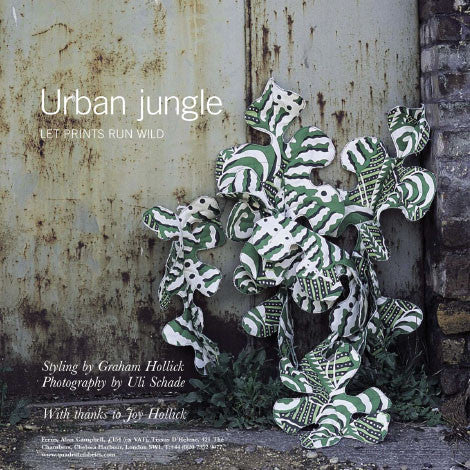
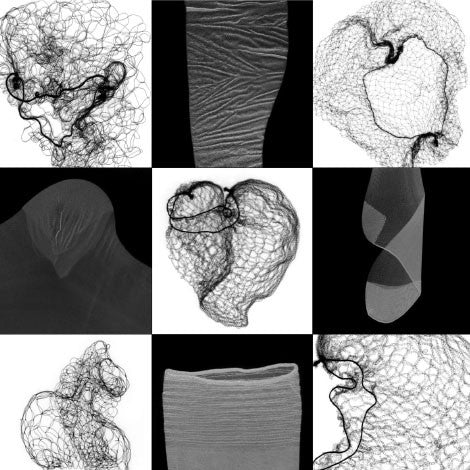
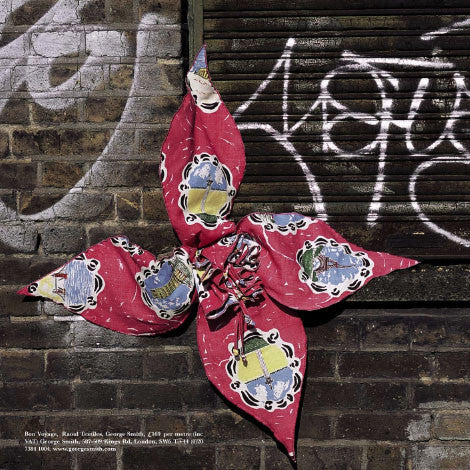
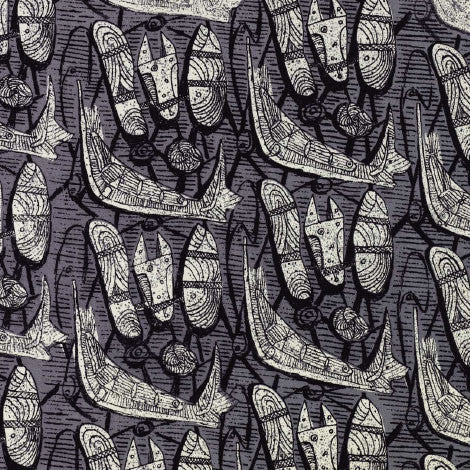
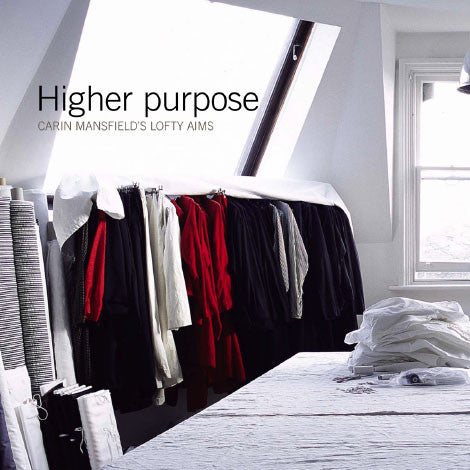
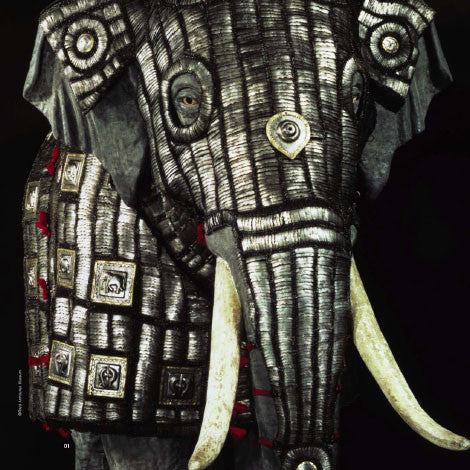
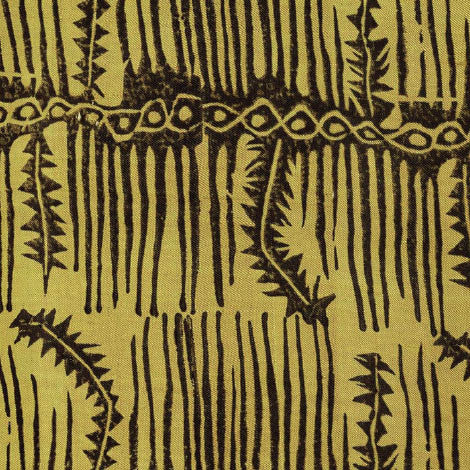
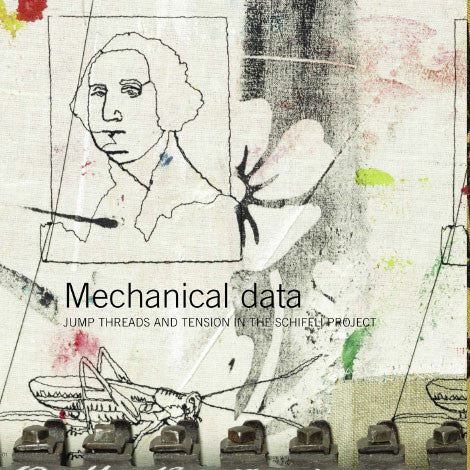

A truly enjoyable read
This magazine is a joy to read on every level. It is well researched, interesting and beautifully written. It cleverly connects the distant past with cutting edge current practice and has inspired me to learn more about both. Now I want to read more!
Visually very satisfying and intellectually stimulating
I always find Selvedge Magazine visually very satisfying and intellectually stimulating. I have all the issues in my library and will have to find a good institution to donate then to when the time comes. I remember getting issue 00 at some conference or meeting in the US when you were first starting out. Bravo again for so many years of sharing the joy of textiles in all its varied forms with all of us.
Selvedge endlessly nourishes my soul
Selvedge endlesslynourishes my soul. Much love and gratitude to Pollyand the Selvedge clan.
Absolutely gobsmackingly gorgeous
I was expecting something nice, but I was in no way prepared for how absolutely gobsmackingly gorgeous and inspiring your magazine is. Wow and wow. Now I’m counting the minutes until my next paper copy arrives.
A Very Special Offering
Since the very first time I received your editions and including each time I receive one, I’ve felt the experience is like receiving a new doll. I wish to be alone with my new ‘doll’ pouring over each page, enjoying the wonderment and delighting in the special moments. Thank you.












